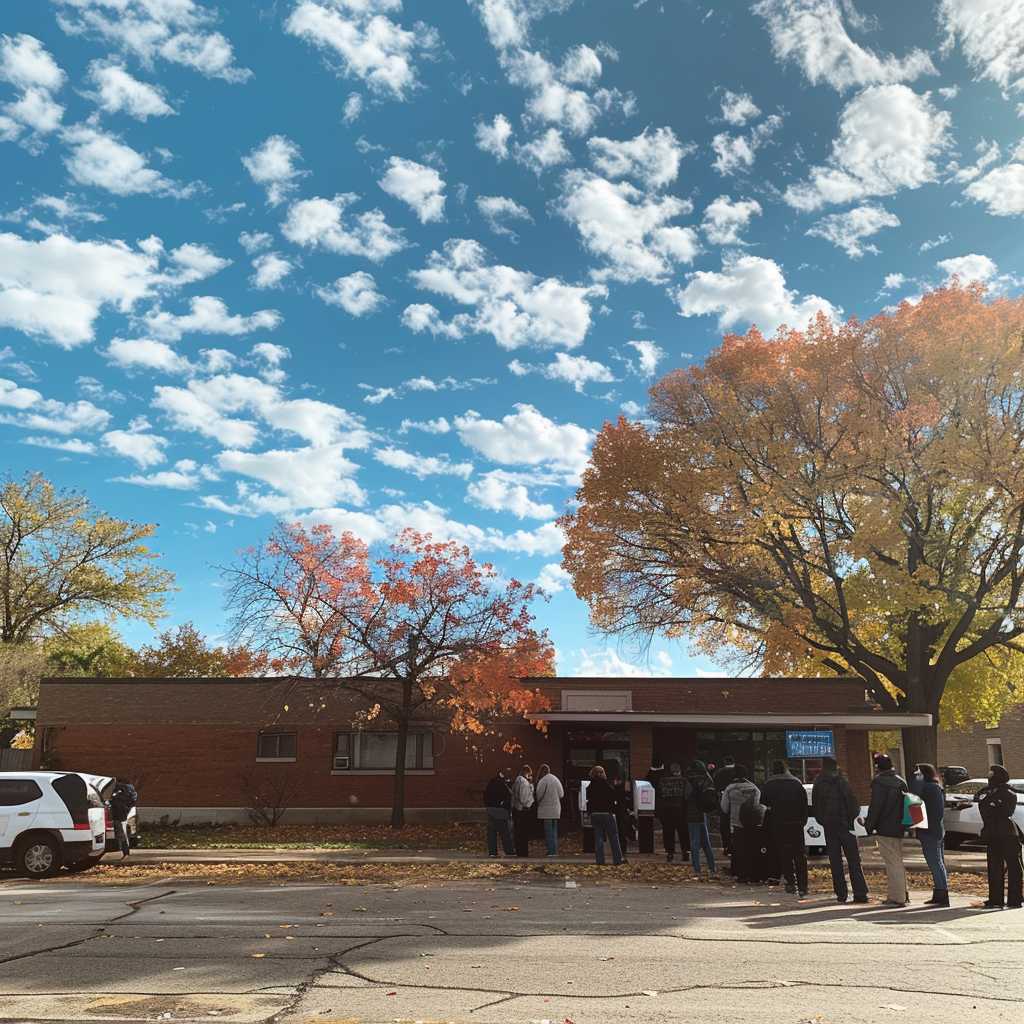The Fundamentals of Presidential Elections: An In-depth Exploration
Presidential elections are the processes by which a country elects its head of state or government, typically through a democratic voting system. These elections are crucial components of democratic governance and are often reflective of a nation’s political stability and the maturity of its democratic institutions.
Electoral Systems and Their Impact on Presidential Elections
Different countries employ various electoral systems to conduct presidential elections, each with its own mechanisms and implications for the selection of a president. The most common systems are:
–
Popular Vote System : This system, where the candidate with the majority of votes wins, is straightforward but can result in winners who do not have an absolute majority of votes cast.
–
Electoral College System : Used in countries like the United States, this system involves a body of electors who are selected by voters to elect the president. The winning candidate must acquire a majority of electoral votes rather than just a simple majority of the popular votes.
–
Parliamentary System : Some nations choose their head of state indirectly through a parliamentary system wherein the elected parliament selects the president.
–
Two-Round System : This is a run-off method used when no candidate achieves the necessary majority in the initial vote. It ensures the elected candidate receives a majority support by pitting the top two candidates against each other in a second round of voting.
Each of these systems influences electoral strategies, campaign focus, voter engagement, and ultimately, the election outcomes.
Campaigns and Strategies Shaping Presidential Elections
Campaigns are pivotal periods during which candidates present their platforms to voters. Strategizing involves tailoring messages, selecting key issues to highlight, and identifying crucial voter demographics to target. Campaign financing is another critical factor that enables candidates to fund their electoral strategies and advertising.
Elections also often feature debates where candidates confront each other’s policies and records. These debates can influence undecided voters and alter the course of an election.
The Role of Political Parties in Presidential Elections
Political parties are instrumental players in presidential elections, often responsible for nominating candidates and rallying support among voters. Party platforms often outline the ideology and policy objectives that candidates will pursue if elected.
Parties play significant role in mobilizing voters through well-established networks. The strength or weakness of a political party can have substantial effects on electoral results.
Issues Affecting Outcomes of Presidential Elections
Various issues can have wide-ranging impacts on election outcomes:
–
Economy : Voters often prioritize economic conditions when selecting a president, such as employment rates, inflation levels, and economic growth indicators.
–
Foreign Policy : A nation’s stance on international relations and global events can sway voter preference based on perceived diplomatic success or failure.
–
Social Issues : Topics like healthcare accessibility, education, civil rights, and environmental policies significantly affect voter sentiment.
–
Scandals and Integrity : Any scandals involving candidates or perceived integrity risks may alter voter trust and shift election dynamics. The Impact of Media and Technology on Presidential Elections
The Impact of Media and Technology on Presidential Elections
Technological advancements have greatly transformed how presidential campaigns are conducted. Social media channels act as significant platforms for candidates to communicate directly with voters. Media outlets also play an influential role in shaping public opinion by how they report on candidates and the electoral process.
International Perspectives on Presidential Elections
Worldwide, presidential elections have varying implications:
– In nations where democracy is well established, elections represent routine changes in leadership occurring at regular intervals.
– In emerging democracies or regions under authoritarian rule, elections can signify important shifts toward democratic processes or be used to consolidate power for ruling parties.
Notes
Image Description: A line of voters waiting outside a nondescript building beneath a clear blue sky adorned with white clouds – a scene representing the participation of citizens on election day.
